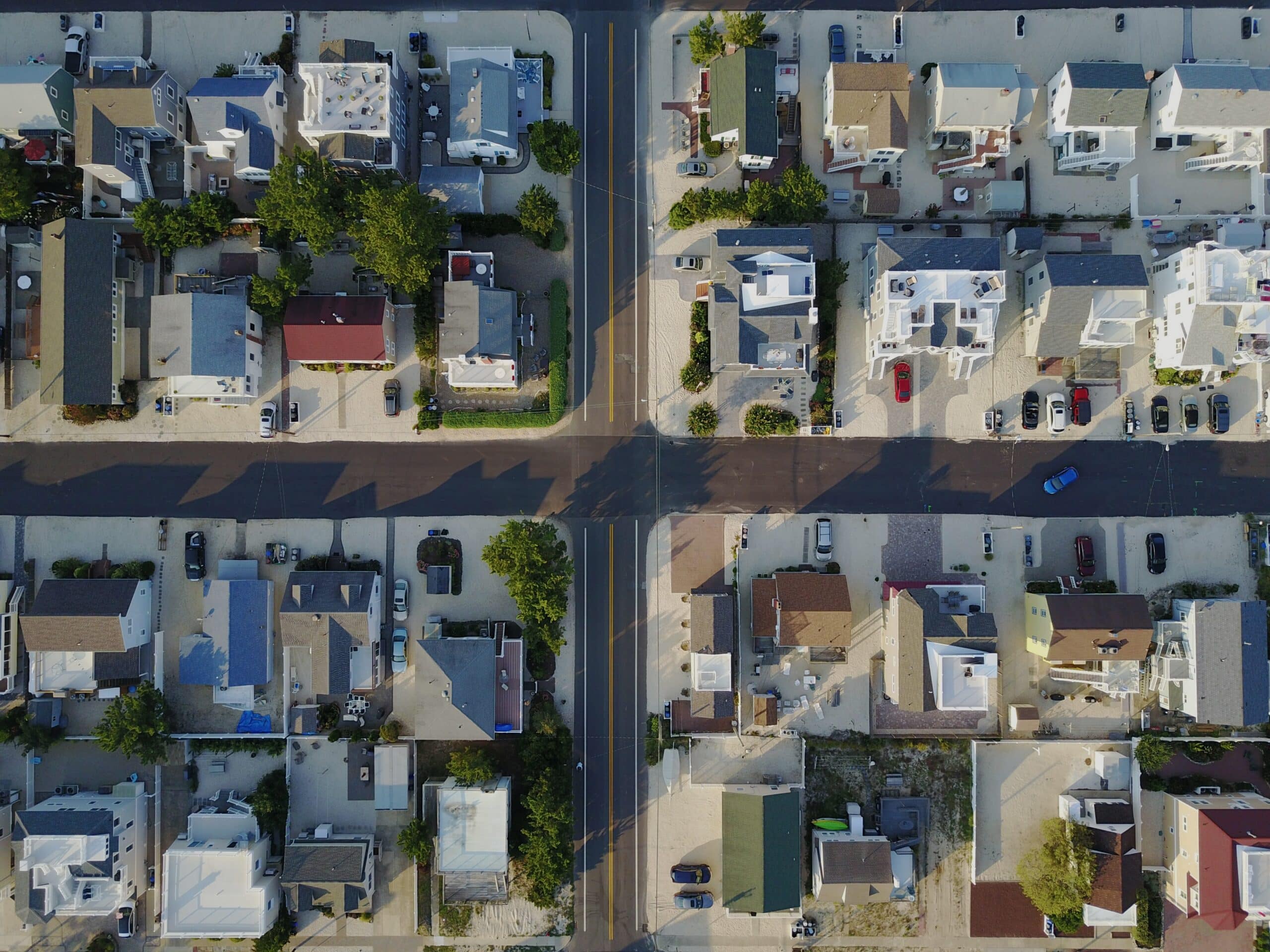
Are Foreclosed Properties a Good Investment Strategy?
This post may contain links from our sponsors. We provide you with accurate, reliable information. Learn more about how we make money and select our advertising partners.
For the average real estate investor, foreclosed properties are a mixed bag. If you’ve spent any time searching for an investment property, you’ve likely noticed a few foreclosures for sale. You’ve also likely noticed that they’re usually priced lower than other, similar properties in the market.
Foreclosures often indicate a good reason for their lower price–they may look poorly maintained, or perhaps there’s a major necessary repair that isn’t so obvious.
But while foreclosed properties do require a bit more work, they can also offer a much higher return on investment.
So should you invest in a foreclosed property? Well, maybe. Before you consider it, it’s important to be fully aware of what you’re getting into.
After the Great Recession of 2008, we saw a significant number of foreclosed property. Many experts are predicting that we’ll see a good number of them again some time in 2021.
What is a Foreclosed Property?
You’re probably already familiar with the concept, but as a quick refresher, a foreclosed property is one whose ownership has passed to a bank after the owner failed to meet their payment agreement.
Of course, the lender is more interested in recouping their money quickly and is very motivated to get rid of the property. Because of this, the foreclosed property is often offered way below market value.
The flip side is that these properties are usually sold as-is. No repairs will be done as part of the deal, so as a buyer, you assume a fair amount of risk (this is why research is key).
The state of the property can vary wildly. From dilapidated homes worth little more than the land they’re built on to well-maintained properties that are just as good as any other on the market. Most often, though, they fall somewhere in between.
Pros of Buying a Foreclosed Property
Lower Price
The first and most obvious advantage of a foreclosure is its lower selling price. The lender is highly motivated to sell quickly and is willing to reduce the cost of the property to make that happen.
Because of this, a foreclosure doesn’t necessarily mean that the property is in bad shape. It may need some updating and maintenance, but sometimes, the seller just wants to be rid of the property. This makes for a great opportunity to own a decent property at a great price.
Another benefit of buying a property at these lower costs is that you can diversify a bit. You could potentially buy two foreclosures for around the same cost as a traditional property, allowing you to spread the risk out. Of course, this is only a benefit if you’re willing to accept the work that may need to be done on the properties.
Potential for Greater ROI
As I mentioned earlier, foreclosures are often in a state of “distress,” meaning that they haven’t been well-maintained and need repairs. But depending on the extent of the issues, this can actually present a great opportunity.
If the purchase price is reasonably low, and if the necessary repairs aren’t excessive, even putting a couple thousand into the property can significantly increase its value–far beyond the cost of the repairs.
Beyond increasing the value of the home itself, a foreclosure can give you the opportunity to invest in a market or neighborhood that would otherwise be out of your budget.
By making a few repairs, you may be able to match the value of homes in a good market and charge higher rent accordingly. And of course, higher rent means more passive income.
Financing Options
If you don’t have a lot of capital, the lower cost of a foreclosure is a great advantage. But beyond the purchase price, buyers of foreclosed properties can often get better financing deals.
Because the bank/lender is motivated to sell quickly, they may also offer lower closing costs and lower interest rates. If you planned on financing anyway, this is a major advantage because it increases your positive cashflow.
Of course, there are times when you won’t be able to finance at all. If you buy a foreclosure at auction, for example, the terms of the purchase may require that you pay in cash. This is less common, though.
Cons of Buying a Foreclosed Property
Repairs
Of course, the biggest disadvantage of purchasing a foreclosure is that the previous owner likely didn’t maintain the property very well, and the bank/lender almost always sells the home as-is. They are also unlikely to offer any repairs as part of the deal.
In short, this means that you take on a fair amount of risk. After all, the repairs have the potential to be extensive.
This is why a home inspection is crucial. It will give you an idea of how much you’d have to spend to get the property in good shape and ultimately, how much you stand to gain on the investment.
The fact that the property needs repairs isn’t a bad thing on its own, but it’s important to weigh the costs before making any decision.
Due Diligence
Due to the nature of a foreclosure, you’ll need to perform more in-depth due diligence than you would on a more traditional purchase.
You’ll need to find out why the home was foreclosed and get as much information on the previous owners as possible. You’ll also need to look out for any additional liens on the title (IRS, secondary mortgage, code enforcement, etc).
Then there’s the previously mentioned home inspection, which should take into account the necessary repairs.
You’ll also want to look into the neighborhood itself. If there are a lot of foreclosures in that area, it may be a bad sign for the market in general.
Slow Closing
When you buy a traditional property, the seller is usually motivated to close the transaction quickly. This is usually because they want the capital from the sale.
When purchasing from the bank, however, they have to deal with a sizeable backlog of transactions, and it could be a while before they get to yours. In short, while they may be motivated to agree on a price, the process of closing may take quite a while (especially now).
This isn’t always the case, of course, but it still bears keeping in mind.
Conclusion
Buying a foreclosed property can be a very lucrative investment. On the other hand, there are properties that could end up losing you money. Basically, there’s more risk, but potentially more reward.
Ultimately, I believe that investing in a foreclosure isn’t ideal for beginners. If you’re just starting out, it would likely be better to start with a turnkey property or even a form of crowdfunded real estate.
If you’re willing to take on some extra work, though, a foreclosure can offer great returns, and allow you to invest in a market that may have otherwise been unreachable.
Whether or not a foreclosure will work for you simply depends on how much risk you’re comfortable with. With good enough research, you can reduce that risk and potentially find a gem well worth your time.


Disclaimer: The topic presented in this article is provided as general information and for educational purposes. It is not a substitute for professional advice. Accordingly, before taking action, consult with your team of professionals.

